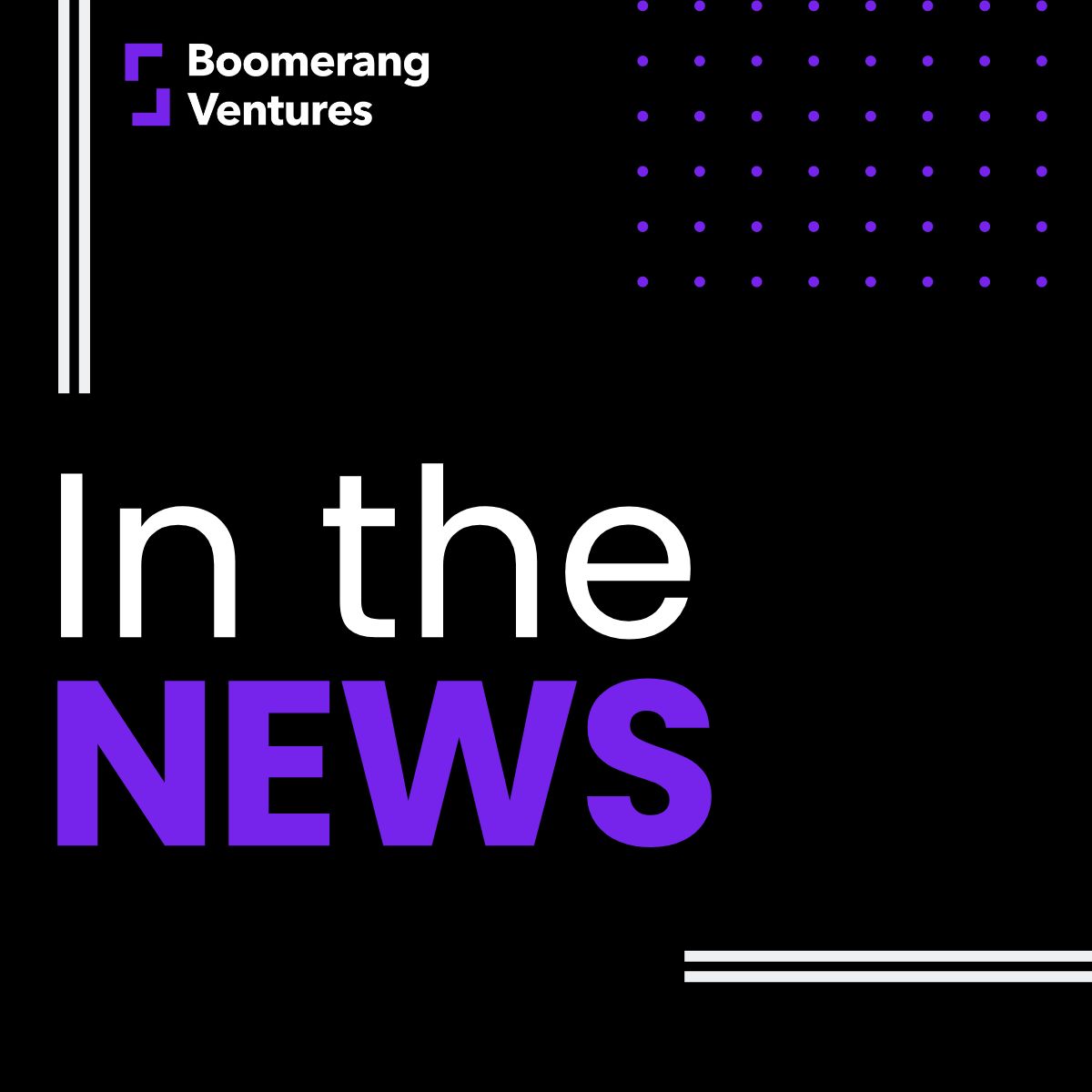“As the managing partner of Boomerang Ventures, an early-stage health tech venture capital fund based in Indianapolis, I find the article Why Innovators Are Racing to Indiana to Build Their Businesses from Fast Company very relevant. It underscores the burgeoning innovation ecosystem in the Midwest, particularly in Indiana, aligning perfectly with our focus on investing in transformative health tech companies in this region. This trend of growing innovation in Indiana provides a fertile ground for us at Boomerang Ventures to support groundbreaking health tech advancements.” – Oscar Moralez, Founder & Managing Partner, Boomerang Ventures.
The state’s economic support, educational ecosystem, and a “culture of collaboration” are attracting entrepreneurs from near and far.
It’s a great time to be an entrepreneur. With a Global Entrepreneurship Index of 86.80—a figure that measures the climate a country creates for the development of small businesses—the United States is the top country in the world for entrepreneurs. And there might not be a better state to start a new business in than Indiana.
In 2021, 159 venture capital deals totaling $1.4 billion, were reported in Indiana, the second highest of six Great Lakes states. And earlier this year, the U.S. government announced that Indiana is set to receive up to $99 million in federal funding, $70 million of which will be directed for startups and early-revenue companies. According to the Indiana Economic Development Corporation (IEDC), the state is one of the first 14 to be approved by the U.S. Department of Treasury for the State Small Business Credit Initiative.
But it’s not just money that makes Indiana a fertile place for entrepreneurs. Indiana’s secret sauce comes from the depth of resources and the supportive ecosystem available for startups and entrepreneurs—and the ability for all to connect. The state’s economic engine is geared towards innovation with preseed, seed, and early-stage funding available through Elevate Ventures, which in addition to having invested $146.9M in nearly 500 startups since 2011, has been the most active VC in the Great Lakes region since 2017 according to PitchBook.
Meanwhile, partnerships with the state’s major universities—Purdue, Notre Dame, and Indiana University—have helped fund new entrepreneurs to build their companies from the ground up, with an emphasis on life sciences, agbioscience, Industry 4.0, and artificial intelligence and big data. Add in a high quality of life with a runway for funding that lasts years versus months, and it’s no surprise the Hoosier State is a formidable player not only in the Midwest but nationwide.
“Our entrepreneurship ecosystem meets entrepreneurs where they are, asking them what barriers they face, removing those barriers, and creating the environment where they can succeed,” says Julie Heath, the IEDC’s vice president of Entrepreneurial Ecosystems. “It’s hard to start a company. Indiana has this culture of collaboration, so there’s an impulse toward neighborliness here that overrides what might be competitive or cutthroat.”
AN INNOVATIVE MUMMY KILLER
Indiana native Anna Haldewang graduated from Savannah College of Art and Design with a degree in Industrial Design. For her final project she designed a pollinator drone that could help endangered bee colonies perform their primary task. After a CNN segment on her invention went viral, Haldewang decided to start her own company, Plan Bee. But she needed help navigating how to start a business. Enter the Purdue Foundry: a six-week program that serves as a crash course in entrepreneurship.
“You research your target market, figure out their needs, and [learn] how to ask the right questions,” Haldewang says. Based on her time at the Foundry she settled on testing the pollinator on the almond industry, which relies on bees for 100% of their crop pollination. At a chance meeting with an almond industry expert, Haldewang learned that navel orange worms were a huge problem for the industry, devouring almond yields from the inside out.
After the drones proved to be problematic in windy conditions, Haldewang pivoted to ground robotics, designing a machine that travels up and down almond orchards, zapping the worm’s mummies—the nuts that remain on trees following harvest, which are fertile breeding ground for the pest’s larvae—with biodegradable pellets. Now known as InsightTRAC, her company has become a leader in the agriculture technology area of winter sanitation. “As I’ve gotten more involved within the state, I’ve fallen in love with it and want to be a supporter of more development,” she says. “There’s so much potential here.”
SIMPLIFYING GENOME SEQUENCING DATA MINING
Molecular geneticist Rajesh Perianayagam emigrated from India to Indiana in the ’90s, but it was only recently that he added entrepreneur to his résumé. Perianayagam’s area of expertise is the application of molecular technologies, including genome sequencing for crop improvement, which has drastically decreased in price during the past 20 years. According to Perianayagam, the cost of sequencing a human genome was around $1 billion in 2000; now, it can be done for less than $250.
The scale of genome sequencing generates volumes of raw data, but gaining insights from that data is a laborious process. Perianayagam’s company Karyosoft developed a proprietary genomics software platform to assist scientists in interpreting their data in-house to aid in research. Perianayagam’s original plan was to build the insight software and then sell it to the highest bidder, but the attraction of becoming an entrepreneur in his home state changed his mind. “We are a tech company serving the needs of life scientists who are making a difference,” he says. “Indiana has an excellent ecosystem for both technology and life sciences.”
Like Haldewang, Perianayagam went through the Purdue Foundry program, with Karyosoft receiving first funding for product development from the Indiana Small Business Development Center through the Technical Assistance Program (INTAP). The company generated additional funding in the form of investments and grants from other sources, both nationally and in-state, including Elevate Ventures. This has allowed Karyosoft to grow its team while gaining traction.
Both entrepreneurs say they are thrilled to be part of an ecosystem that promotes collaboration and guidance from the seed stage to the launch of their companies. Haldewang points to regular after-work gatherings where she and others talk shop and trade stories, while Perianayagam has increased his presence in Indiana’s entrepreneurial ecosystem, joining various groups such as Gener8tor, which assists Indiana startups in reaching a national audience and TechPoint, which sources interns for Indiana companies from a nationwide pool of applicants.
“I’ve learned so much [from others in Indiana] and that is the main factor that has helped us grow so far,” he says. “I’m very passionate about what is available here in Indiana. It’s a wonderful place to do business.”


